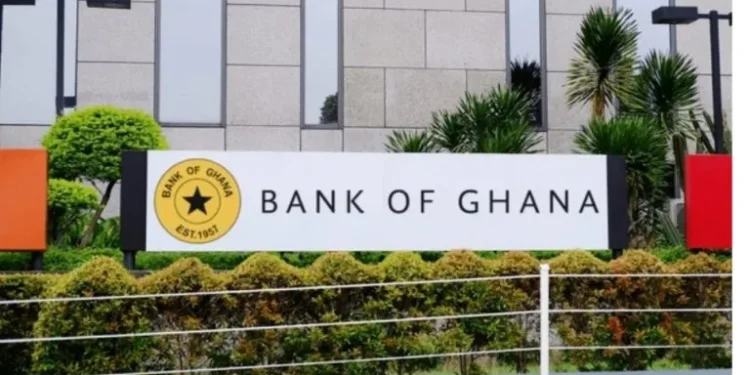ICU Urges Bank of Ghana to Lower 25% Corporate Tax for Rural and Community Banks
The Industrial and Commercial Workers Union (ICU) has called on the Bank of Ghana to reconsider the 25% corporate tax imposed on rural and community banks, citing its adverse impact on operational costs and sustainability.
Speaking at a gathering of ICU members in Tamale ahead of the union’s National Quadrennial Delegates Conference scheduled for August, General Secretary Morgan Ayawine stressed that the current tax framework is hampering the growth of these financial institutions.
“Some fiscal policies appear to stifle rather than support the expansion and sustainability of rural and community banks,” Ayawine stated. “A classic example is the 25% corporate tax imposed on their earnings, which is significantly affecting their growth and long-term viability. We, therefore, call on the Bank of Ghana to review and reduce this tax to alleviate its impact on the operations of these banks.”
Ayawine also raised concerns over the significant sums of locked-up funds belonging to rural and community banks, particularly those invested in Gold Coast Investment Company.
“The inability to access these funds is a pressing issue, as it is directly affecting the liquidity and operations of rural and community banks. We urge the government to expedite the release of these locked-up funds to enable the banks to function effectively and continue serving their communities,” he added.
Beyond the banking sector, the ICU General Secretary also called for urgent intervention to revive the struggling Produce Buying Company (PBC) PLC, a key player in Ghana’s cocoa sector that has faced severe financial distress in recent years.
“PBC PLC was once a thriving state-owned enterprise that played a crucial role in the cocoa supply chain. However, it is now in financial distress, placing the livelihoods of farmers and workers at risk. We appeal to the government to allocate resources to rescue the company and restore its profitability,” he stated.
Ayawine emphasized that allowing PBC to collapse would not only waste national resources but also create economic hardship for thousands of farmers and employees who depend on its operations.
“With the right financial support, PBC can return to its former strength and once again contribute meaningfully to the economy,” he concluded.
The ICU’s appeal comes amid broader concerns within the financial and agricultural sectors regarding policy measures that may be constraining growth. Stakeholders will be watching closely to see whether policymakers respond to these calls for relief.








